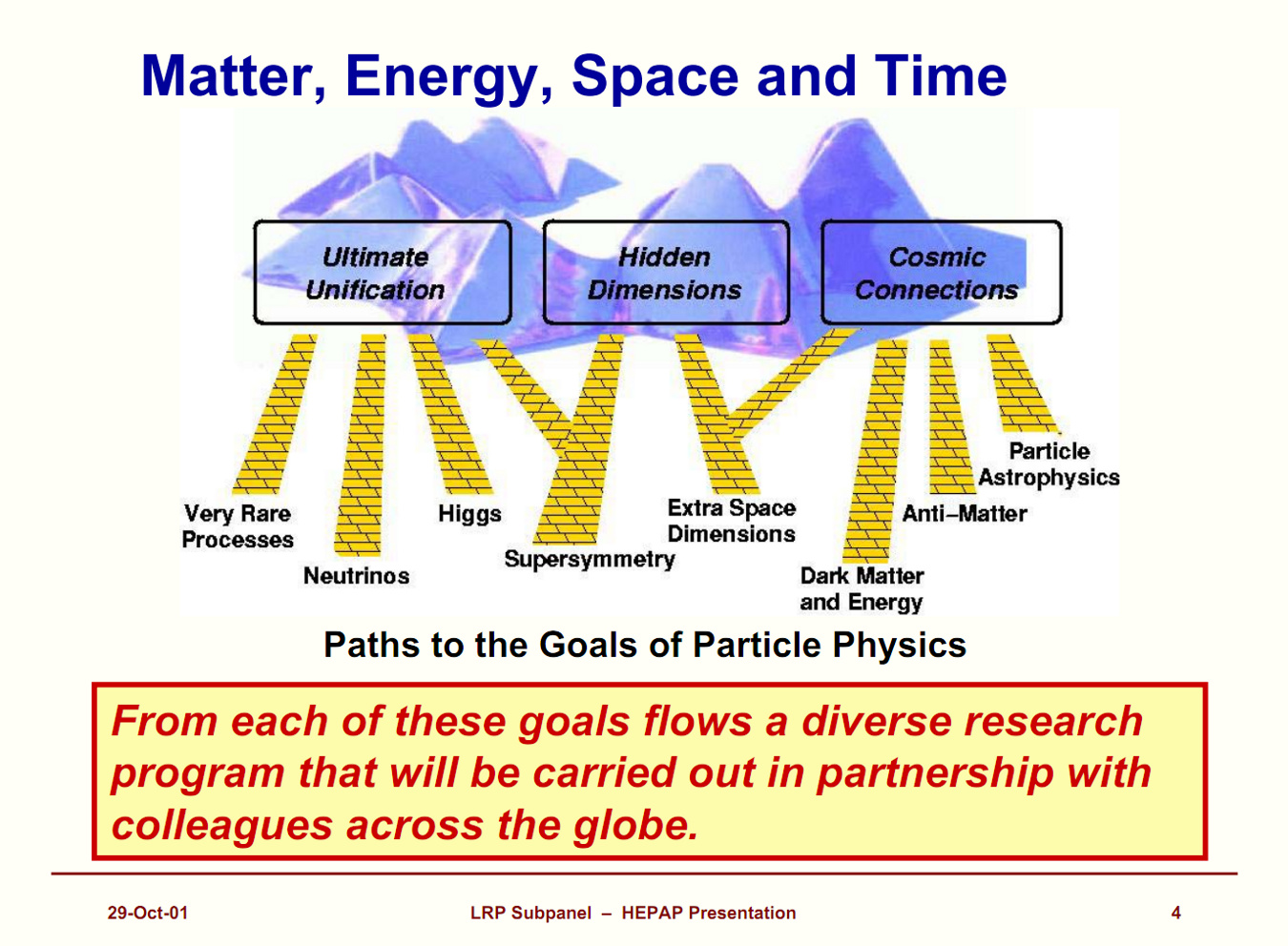This exploration delves into the multifaceted motivations that drive individuals to pursue a degree in particle physics. As a discipline that sits at the confluence of fundamental science and advanced technology, particle physics beckons students worldwide. Yet, what truly piques their interest and propels them into this challenging field? The journey to understanding the universe at its most elementary level often embodies both a seductive allure and a formidable challenge.
Firstly, an innate curiosity about the cosmos serves as a primary motivator. What lies beyond the visible spectrum? How do the fundamental particles of nature interact to form the universe as we know it? This wonder often begins in childhood, where questions about the stars and the fundamental nature of matter foster a thirst for knowledge. For many, the initial intrigue is catalyzed by engaging narratives from popular science, documentaries, or even inspiring educators who illuminate the beauty and complexity of the universe. This intellectual curiosity is not merely a passive state; it urges aspirants to unravel the workings of the universe through rigorous academic pursuit.
Additionally, the pursuit of understanding the fundamental forces—gravity, electromagnetism, the strong nuclear force, and the weak nuclear force—further entices many to engage with particle physics. Understanding how these forces govern the interactions of matter and energy not only advances scientific knowledge but also enhances one’s appreciation of the universe’s elegance. It poses a multifarious challenge, enticing students with the prospect of unraveling the intricate tapestry of reality.
Moreover, particle physics embodies a quest for answers to some of humanity’s most profound philosophical questions: What is the nature of existence? What underpins the reality we perceive? Such inquiries propel many to investigate the subatomic realm, where philosophical musings converge with empirical research. Theoretical aspects of particle physics, such as string theory and quantum mechanics, challenge conventional paradigms and stimulate speculation about the nature of reality, further encouraging students to engage with the field.
Then, there is the allure of groundbreaking discoveries. The prospect of contributing to monumental advancements—akin to those of CERN’s Large Hadron Collider or the discovery of the Higgs boson—provides tantalizing motivation. On a practical level, students may envision themselves at the forefront of scientific breakthroughs that could reshape our understanding of physics, technology, and the universe. The desire to partake in the collaborative spirit of the scientific community, working alongside esteemed physicists, encourages aspiring physicists to enroll in advanced degree programs.
Career prospects also significantly influence the decision to pursue a degree in particle physics. In an era where interdisciplinary approaches are prized, the analytical skills and theoretical knowledge cultivated through a particle physics education can be applied across a spectrum of industries. Whether it be in academia, high-energy physics research, healthcare technology, or data science, the skill set of a particle physicist is both versatile and highly coveted. Furthermore, the financial incentives associated with such positions often enhance their allure. However, one must ponder: is the pursuit of monetary gain sufficient motivation when facing the rigorous demands of the field?
Participating in a broader scientific dialogue further engages prospective students. The collaborative nature of modern scientific inquiry encourages the merging of ideas across disciplines, allowing physicists to contribute to efforts in fields such as cosmology, materials science, and even information technology. This interconnectivity fosters a stimulating research environment that is both collegial and competitive, drawing in individuals passionate about cross-disciplinary engagement.
Equally important is the societal impact of advances in particle physics. Many find motivation in the potential societal benefits arising from research applications. Innovations born from particle physics, including advancements in medical imaging, radiation therapy, and even computing technologies, demonstrate the profound impact this discipline can have on everyday life. The idea of contributing to solutions addressing global challenges, such as climate change or energy resource management, offers a compelling rationale for many students, transforming abstract scientific inquiry into tangible societal benefit.
Nonetheless, the road to a degree in particle physics is fraught with challenges. The intensity and complexity of the coursework demand unwavering dedication and resilience, often testing the very limits of student capacity. Higher-level mathematics and abstract concepts can be daunting, posing a significant hurdle. One must ask: is the potential for illuminating truths about the universe worth the arduous journey of mastering intricate, often perplexing, theories?
Furthermore, the highly competitive nature of the field poses additional challenges. Admission to esteemed graduate programs often hinges on exceptional academic credentials, research experience, and standardized test scores. This competitive landscape can be discouraging for prospective students, leading to self-doubt or anxiety. It raises important questions about the need for encouragement and support systems that empower individuals to transcend obstacles and persevere in their scientific aspirations.
In conclusion, the motivations for pursuing a degree in particle physics are as diverse as they are profound. From an insatiable curiosity about the universe to career aspirations and the desire to contribute to societal advancements, students are drawn to this demanding yet rewarding field for myriad reasons. However, the challenges intrinsic to the discipline necessitate a strong resolve and a supportive academic environment. Ultimately, the journey through particle physics is not merely about the destination; it is an odyssey of discovery, intellectual growth, and a testament to the enduring spirit of inquiry that characterizes humanity’s quest for understanding the cosmos.












